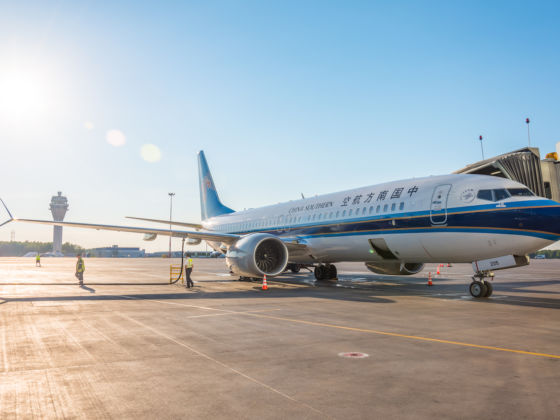Following the tragic Ethiopian Airlines crash that killed all people on board — at least 157 — and the fatal Lion Air crash in late October, both involving Boeing 737 Max 8s, Germany, Britain, France, Australia, Malaysia, Ireland, Singapore, and Oman have all banned the aircraft model from their airspaces.
The US has issued no such ban, though President Trump gave his opinion on Twitter saying, “Airplanes are becoming far too complex to fly.” US investigators are currently at the crash site of Ethiopian Airlines Flight 302, and will focus on the voice and data recorders discovered at the site on Monday.
